Venture investments as a love for art: the state of Russia’s venture market
Artificial intelligence, smart prostheses and sharing economy: where Russian business angels and private funds have invested
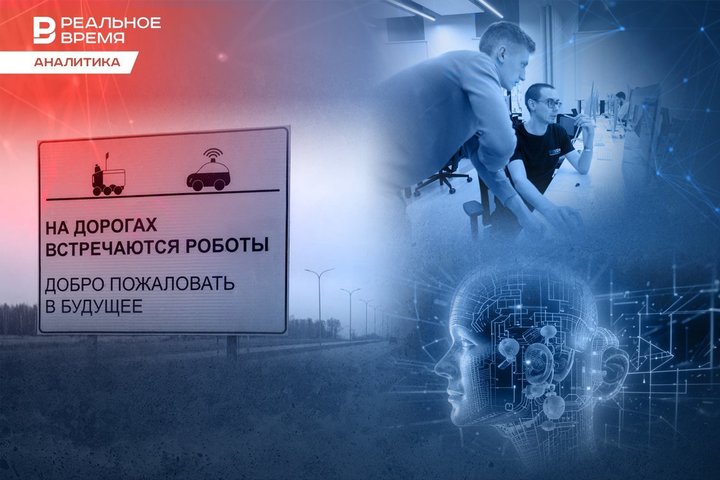
The Russian venture capital market has been going through difficult times over the past three years. Foreign funds have left the country, while private ones have become more cautious. The government spent two years raising “unicorns” from student startups, and business angels invested, rather out of a love of art and risk. Experts traditionally divided into optimists and pessimists. For the former, the market was growing moderately, according to the latter, it continued to stagnate and shrink without access to Western money. Whether one should expect a thaw and the return of foreign investors to Russia or continuing to create a closed mini-copy of the Western venture capital market by own efforts — in the review of the analytical service of Realnoe Vremya.
Business angels have increased their share
In the third quarter of 2024, the Russian venture capital market increased by 85% to $24.9 million (from $13.4 million in the third quarter of 2023). In just 9 months, 105 transactions worth $53 million took place. The average transaction receipt is $0.59 million. 70% of the number of transactions was in Moscow and 71% of the volume of transactions was in the capital, according to a study by the Moscow Innovation Agency.
In 2023, the Russian venture capital market declined significantly: the most significant growth in terms of volume and number of transactions occurred in the fourth quarter of 2023. Then, in the first quarter of 2024, there was also a decline (34 transactions for $6.8 million) and subsequent steady growth in the second and third quarters.
The peculiarity of 2024 is also that the growth of transactions in the early stages stopped. In terms of volume, they amounted to 39% compared to 53% in the same period last year. Since 2021, early-stage transactions have steadily increased their share in both volume and quantity. During the first 9 months of 2024, this did not happen, although they continue to dominate the market.
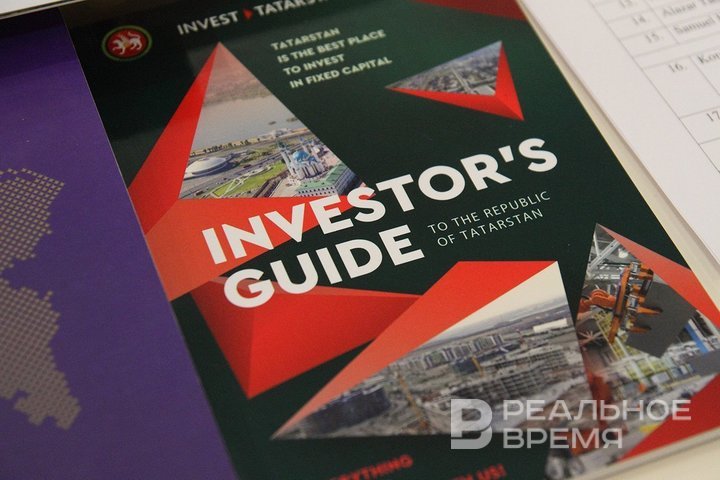
As predicted, business angels continue to increase their share in the structure of transactions from 2021. Other investors reduced their activity, but the rate of decline has slowed. Among the state funds, only the Moscow Venture Fund actively invested. Within 9 months, it closed 10 deals worth $3.2 million. The drop in activity is explained by the lack of transactions among other funds that were invested in 2023, such as the Tatarstan Investment and Venture Fund and RBF Ventures. Private funds have slightly increased their share in the total number of transactions. The volume of investments continued to decline, but not so dramatically.
Foreign investors have practically stopped investing in Russian companies. In the third quarter of 2024, one public transaction involving a foreign investor was closed. The international company Fornex invested $112.2 thousand in a Moscow developer Bewise.ai , which creates neural assistants for the sales department with the ability to embed them in CRM.
Where do investors invest in Russia?
Healthcare, assistive technologies, media, and entertainment came to the fore in terms of transaction volume. Investments in medicine and healthcare are leading in terms of transaction volume. This year, investments are mainly attracted by solutions for people with disabilities — robotic prostheses and neurocomputer interfaces for human-computer interaction. Media and entertainment are also among the top ten for the first time. Investors invested in cinema solutions and services that create images using generative AI. Consumer goods are also an interesting niche: solutions in the sharing economy account for exactly half of all transactions in the niche. One deal was in the powerbank rental service, the other was in the Airbnb luggage storage service. Solutions for the retail business were also popular, for example, a platform for trading without sellers.
Kirill Varlamov, the director of the IIDF, said in an interview with Kommersant that nothing has really changed in the Russian venture capital market over the past couple of years. In the first half of last year, there was one “big” deal with an esports club worth $45 million, and it seemed to improve the statistics. “But in fact, nothing has changed in a positive way, so it is impossible to say that the market is recovering. It's still stagnating, to put it mildly. The number of venture funds on the market is decreasing," he admitted.

The number of business angels remains unchanged, but this is due to that, in principle, significantly more people began to invest. “But since the key rate has jumped, even those who invested in startups have shifted their money to more traditional instruments," Varlamov said. “And those who invest in venture capital are more likely to do so out of a 'love of art' and diversify their portfolio in this format. I have a feeling that their actions are motivated by the desire not to lose some kind of market awareness, acumen, these people are not focused on investing in startups as a key earnings.”
At the same time, the focus on early-stage startups and the lack of systemic money in venture capital do not allow us to gain the depth of the startup market. That is, the venture capital investment format is not working right now, although there is some revival there. But it is rather niche, situational, but not systemic, Varlamov believes.
Accordingly, due to the lack of consistency, no one grows startups and the depth of the venture capital market is very small: the company is unable to raise several consecutive rounds in order to grow some kind of deep technological hypothesis. Any startup is forced to achieve profitability within a maximum of one or two rounds — they will definitely not give money for the third time. “Previously, it was possible to do four and five rounds. In addition, there are very few attempts to find your product-market fit, we can say that there are one and a half of them. All this, again, leads to a movement towards simplifying the business model, technology, and so on," explains the director of the IIDF.
Nothing ventured, nothing gained
Alexander Gorny, the founder of the Startup of the Day channel about startups and Internet business and co-founder of AiAcademy, noted that the market has declined sharply due to the high Central Bank rate: “It makes no sense to invest in startups when there are deposits.” He currently focuses on artificial intelligence technology.
Vasil Zakiev, an IT entrepreneur and teacher, notes that venture capital continues to cool down all over the world. “Investors in Russia have become more and more cautious. Attracting significant money for venture capital in Russia this year can be considered a miracle," Zakiev says.
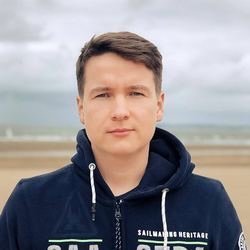
As expected, investments in UAVs, robots and other near-war topics have increased, as well as in import substitution of various kinds, from Github to Loom, but these investments do not follow classic venture schemes and do not get on the radar.
Angel investments grew until the middle of the year, but with the increase in the key interest rate, only the most persistent did not transfer their funds to deposits, Zakiev says.
Investing in AI is the key trend and it is gaining momentum in Russia, lagging slightly behind the United States, where the share of AI startups in the latest recruitment of startups to the largest accelerator YCombinator has reached 80%.
“From the point of view of the future, nothing is clear at all. The technological leap with AI creates wild turbulence, that is, it is clear that the topic will develop, but where? How fast?” the IT entrepreneur reflects. “Nothing is clear on the political front either. The upcoming talks between Putin and Trump may have an impact on restoring the interest of foreign, domestic and even Chinese venture funds in the Russian market. If the political situation stabilises and the borders open, it is possible to revive the venture capital market and growth in IT.”
Technology companies attracted investments through IPOs
“The past 2024 was marked by a moderate but steady recovery of the Russian venture capital market. The volume of investments has more than doubled (by 108%), which indicates a revival of investor interest in venture capital," said Alexey Taranov, the head of the Startup Hub and the Department of Technological Entrepreneurship at the IT Park. “This was facilitated by the development of investment platforms and syndicates that simplify the access of startups to financing. At the pre-IPO stage, activity increased, and the number of IPOs reached a record — 14 placements, including eight technology companies. Such dynamics can stimulate the creation of new funds and reinvestment of IPO proceeds into the venture capital market.”
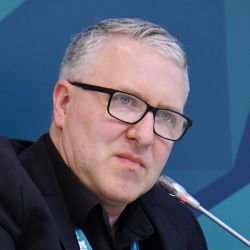
Residents of the startup hub of the IT Park attracted 208 million rubles of private investment in 2024, and these are investments from private angels and syndicated transactions involving venture funds. Among the leaders are the first halal neobank in Russia Halal Card (75 million rubles), Origami (40 million rubles), which develops technologies for robotic production, the Peresvet security system (30 million rubles) and the Tsvetov.ru marketplace for holidays (30 million rubles).
In 2024, the number of AI startups increased significantly. Artificial intelligence and information security remain key areas, and global investments in AI almost doubled. There is also a growing interest in cloud services and analytics solutions. Nanotechnology, bioenergetics and quantum developments are promising niches, which are still small but developing rapidly. Although Russian companies are in a catching-up position, they are making significant progress in information security. By 2027, the market is projected to double.
In 2025, the venture capital market in Russia is expected to grow due to the activity of business angels and corporations seeking to absorb innovative technologies. However, rapid development requires the easing of sanctions and the return of foreign capital. Possible changes in relations with the Trump administration, including solving the problem of cross-border payments and returning to the SWIFT system, may give an impetus to development. The main prospects are related to expansion into Asian markets.
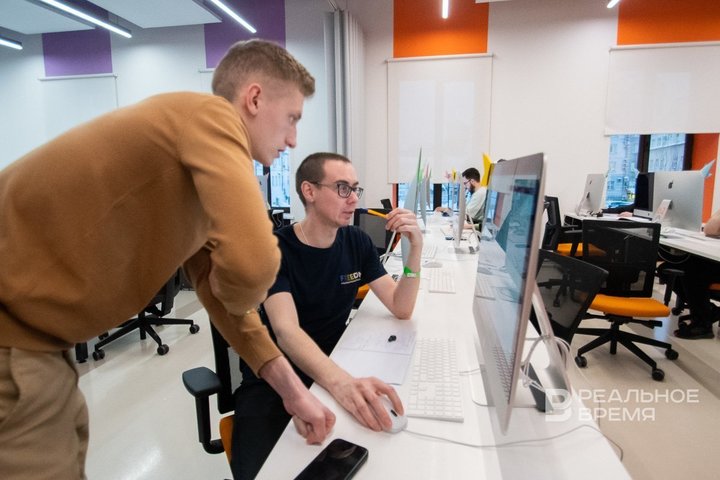
Western mini-replica with Russian features
“I'm a little bit off the venture capital market now, but I'll share my observations. Last year, I had the feeling that the market was still being rebuilt, taking into account the fact that Russia had its own closed market," says Alexander Borisov, еру director of the Higher School of IT. “Since the beginning of our time, foreign venture funds have left us and local communities of business angels and local funds have appeared. At first, these funds also imposed international requirements, but then they realised that the market had its own peculiarities: the market became closed, its volume decreased, and there were fewer requirements for internal competition in the market.”
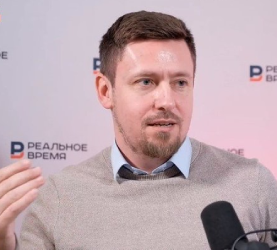
At the same time, there is a feeling that the Russian market has been structured and built into a smaller copy of the Western venture capital market with its own institutions and communities of business angels, he says.
“Probably, those who invested in local solutions in the hope that the sanctions would last forever and the Russian market would always be closed will not feel very well now," Borisov believes. “On the other hand, due to that they had two years of life without foreign companies, they had time to develop in such a cradle and learn how to work in the same market with foreign companies. Previously, they wouldn't even have been able to reach it. But now they will “butt heads” with foreign companies that are already coming in again.” In his opinion, everything that has happened is a big plus for the local market, “because some services that have grown in Russia over the past two years will be able to withstand this competition and then enter the global market”. This means that they will be able to apply for foreign investments.
The investment market will reopen with the arrival of Trump. Accordingly, it will become interesting to invest in Russia again, he believes.
“If we talk about what the government has been doing in the last two or three years, Russia has placed great emphasis on pre-seed investments in university startups. There is a possibility that a large number of immature and young startups will transform into some kind of quality and entrepreneurs will appear who will continue to represent themselves and be able to do something adequate, the expert suggests. “And besides, I think even those who left Russia can now act as a link between our businessmen and the West, helping to attract investment to the country.”